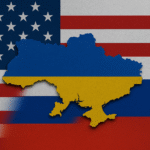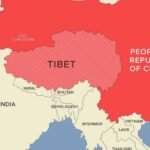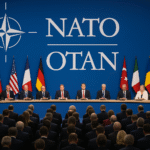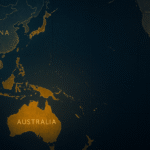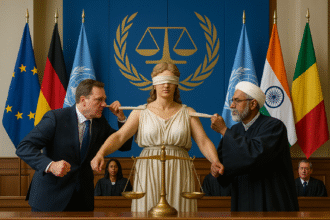In a broad resolution that has rekindled worries about Iran’s political transparency, the Guardian Council of the nation has barred virtually all average and reformist candidates from working within the subsequent parliamentary elections.
The choice comes at a time of profound financial and social upheaval and successfully limits the sector to hardline conservatives. After years of damaged guarantees and crackdowns, many Iranians are actually doubting the aim of voting.
In a broad resolution that has rekindled worries about Iran’s political transparency, the Guardian Council of the nation has barred virtually all average and reformist candidates from working within the subsequent parliamentary elections.
The choice comes at a time of profound financial and social upheaval and successfully limits the sector to hardline conservatives. After years of damaged guarantees and crackdowns, many Iranians are actually doubting the aim of voting.
Laleh, a 23-year-old Tehrani college scholar who requested to stay nameless for security, mentioned, “People no longer believe the ballot box matters.” “A choice between obedience and silence is being presented to us.”
There was no clear rationalization supplied by the Guardian Council, an unelected physique made up of clerics and authorized specialists who assist Supreme Chief Ayatollah Ali Khamenei, for the disqualifications. The choice was offered by state media as certainly one of ideological alignment and nationwide unity.
The core of the issue is the rising divide between Iran’s younger individuals, who’re tech-savvy, uninterested in rules, and traumatized by earlier persecution, and the ruling class, which is changing into increasingly more illiberal of dissent. Many analysts consider that the already fragile façade of electoral legitimacy is being undermined by a wider authoritarian pattern that’s mirrored on this election cycle.
Political analysts warning that disengagement, not simply disillusionment, is the menace. Moreover, disengagement breeds unpredictability in authoritarian techniques.
Worldwide censure rapidly ensued. The U.S. referred to the process as “a manipulation of electoral choice,” whereas the European Union mentioned the disqualifications “undermine democratic participation.”
Nevertheless, numerous Iranians have gone from indignation to resignation.
Mehrdad, a former municipal official who ran on a reformist ticket, declared, “There’s no point anymore.” “Even the appearance of choice is being eliminated.”
Iran’s elections could go ahead with little public enthusiasm and even much less worldwide confidence of their legitimacy, as voter turnout is predicted to achieve historic lows and reformist events advise warning or abstention.
The quiet in Tehran’s political hallways because the March vote attracts close to is extra highly effective than any catchphrase.





